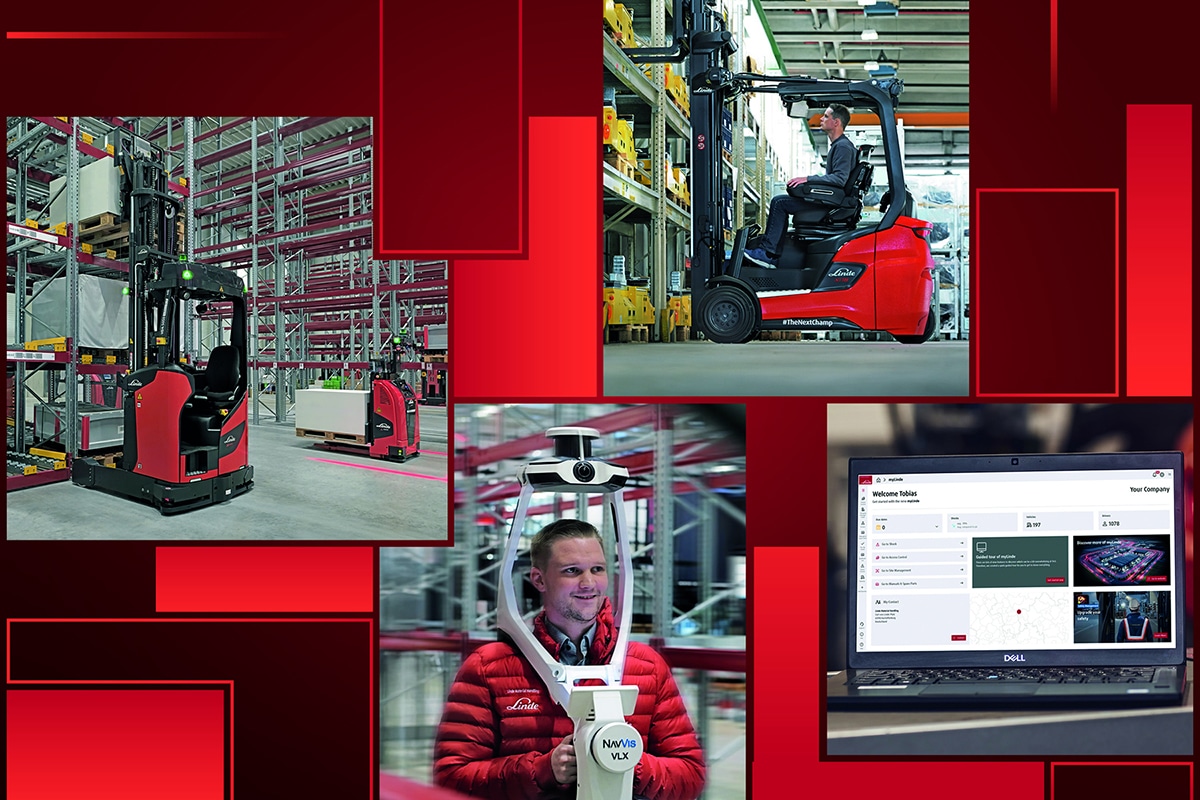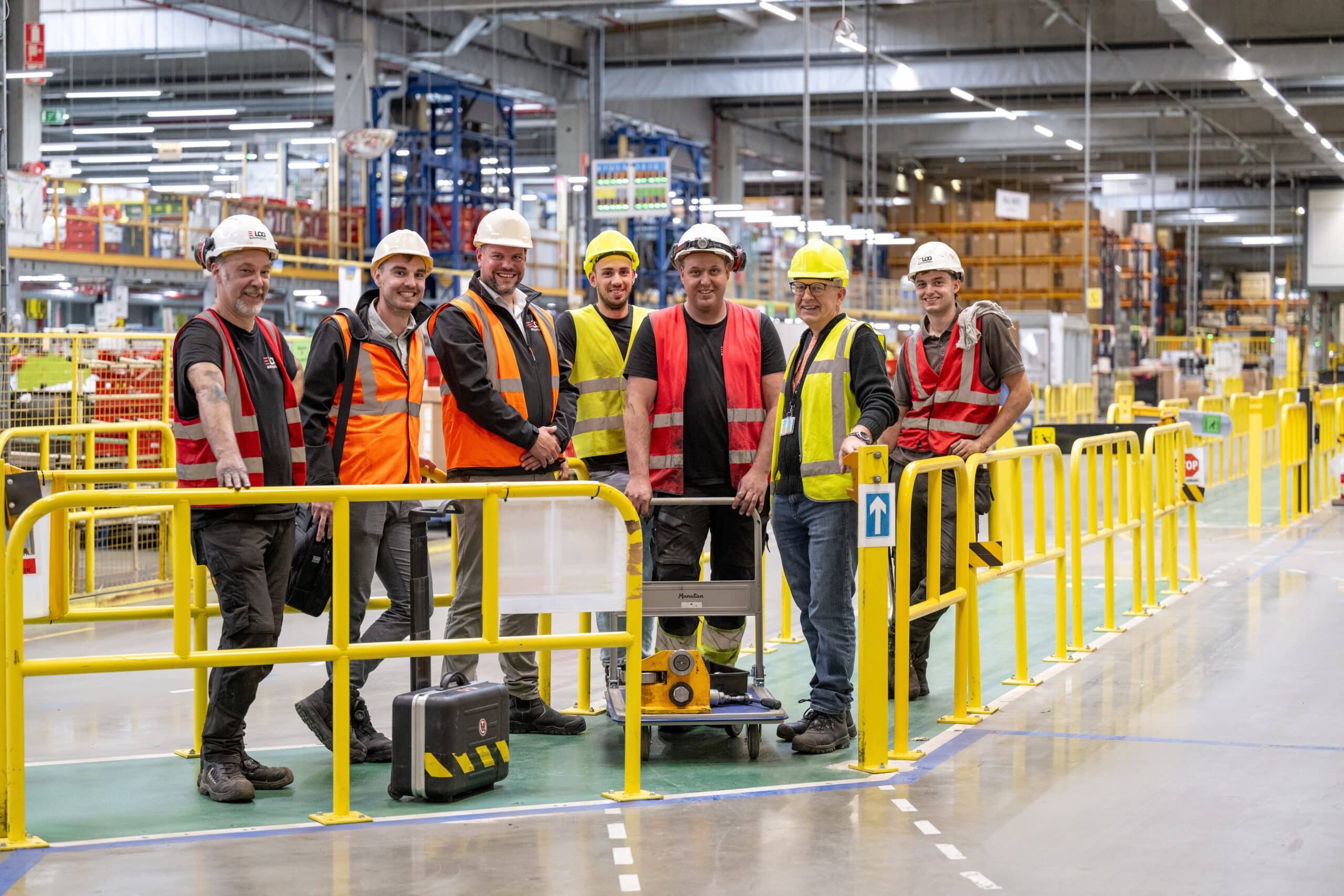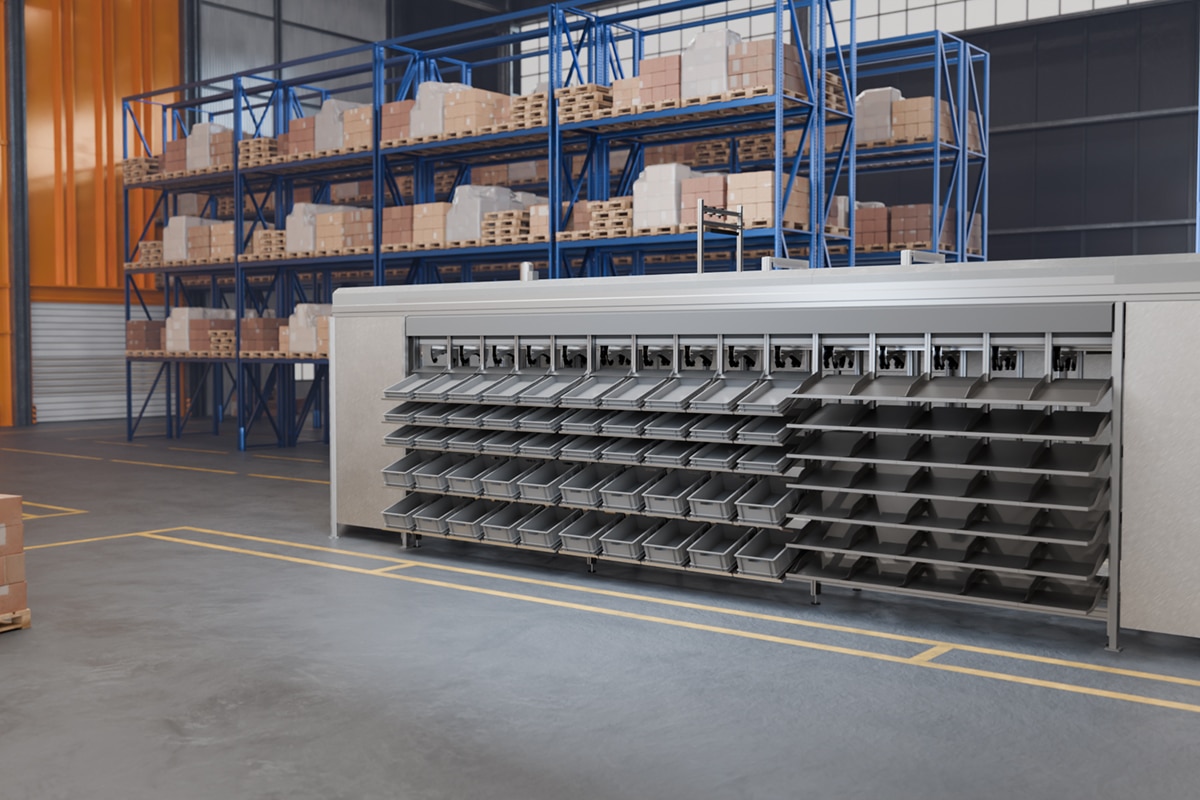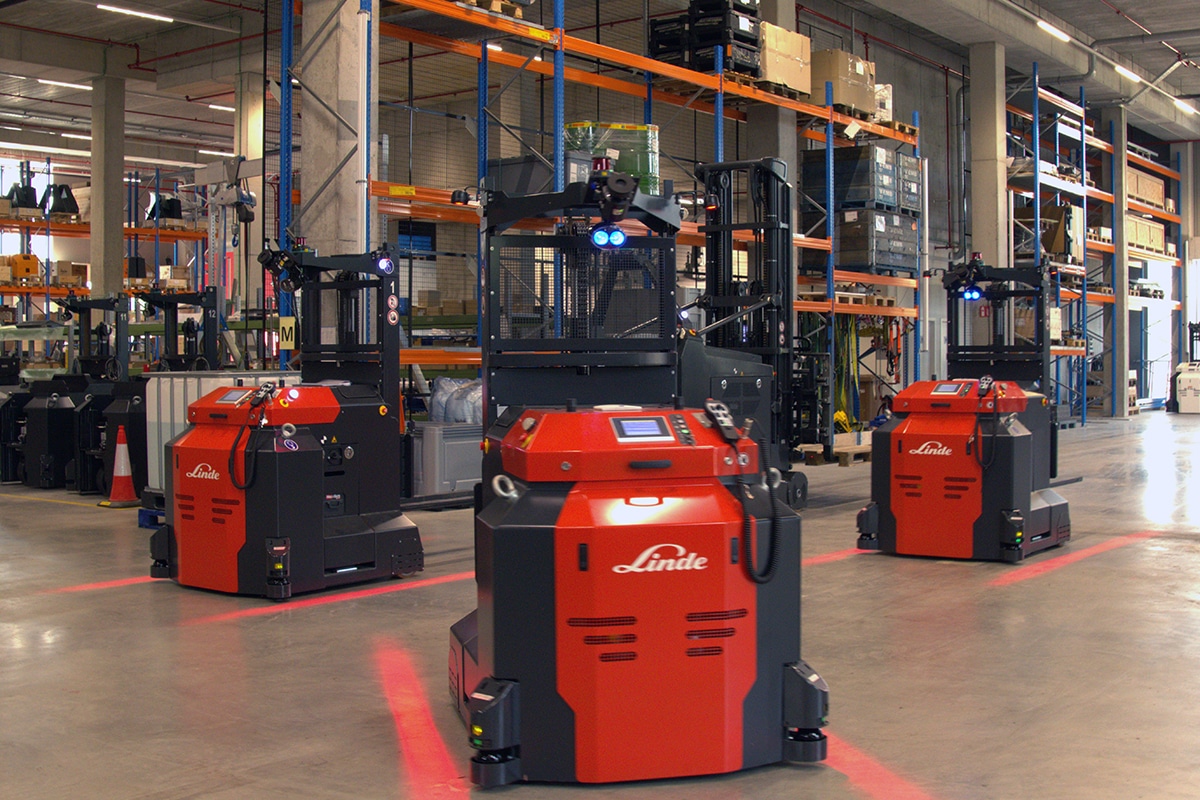
Survey shows: 97% of supply chain professionals feel their warehouse operations IT infrastructure is in need of modernization
Manhattan Associates announces the findings of its "2024 State of Warehouse Operations" survey in partnership with Vanson Bourne, which asked 2,000 supply chain professionals, in the Netherlands and Belgium among others, about current challenges and key opportunities for the industry. Regarding the biggest challenges, almost all respondents (97%) believe that the IT infrastructure of their warehouse operations needs at least some modernization. In addition, 84% indicate that they have problems with staff retention. 73% also notes that the volume of goods going in and out of warehouses has increased over the past 12 months, exacerbating the problems they were already facing.
Expected positive impact of generative AI and robotics
Supply chain professionals, however, also remained hopeful about the future: they expect generative AI (75%) and robotics (72%) to play a positive role in improving job satisfaction and tasks. For example, by reducing manual operations and increasing automation, and by streamlining workflows and reducing paperwork.
As organizations look for ways to simplify operations, meet increased demand and improve workforce experiences, continuous supply chain innovation is needed to address emerging risks while taking full advantage of new opportunities. Below are three key conclusions from the report, designed to help supply chain professionals plan a path to future success:
- Warehouse operations are becoming increasingly challenging for organizations, it is important to ensure that employees feel heard, engaged and valued. A good number of respondents felt that workforce-related challenges, including recruiting/training short-term employees (41%) and ensuring productivity (40%), have increased sharply over the past 12 months.
- 28% of survey respondents emphasized that outdated IT hardware and software is the most pressing challenge they currently face. For nearly one in three companies surveyed, it creates a significant fiscal and technological obstacle.
- 26% of respondents said they struggle to manage orders across multiple channels, while 23% said they find it difficult to meet higher customer expectations in terms of lead times.
Henri Seroux, senior vice president EMEA at Manhattan Associates, said, "Warehouses are the heart of a unified supply chain and the center of the fulfillment universe. Addressing the challenges highlighted in the report is critical to the long-term competitiveness and success of businesses. The findings underscore the importance of looking ahead and continuing to integrate new technologies, such as microservices and generative AI, to future-proof supply chains and turn them into revenue and customer service drivers in their own right."
"Ultimately, a more unified supply chain strategy creates efficiency, and that in turn creates sustainability, both economically and environmentally. And that can only be good for the bottom line and the planet," Seroux concludes.
About the study
Vanson Bourne interviewed 2,000 supply-chain professionals in Australia, Belgium, Brazil, France, Germany, Italy, the Netherlands, Norway, Mexico, Spain, Sweden and the United Kingdom in spring 2024. Respondents included both senior management and operations personnel and came from the manufacturing and production, logistics, pharmaceutical, retail, automotive and CPG sectors.




